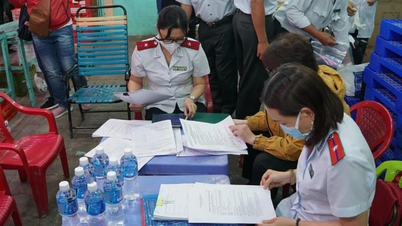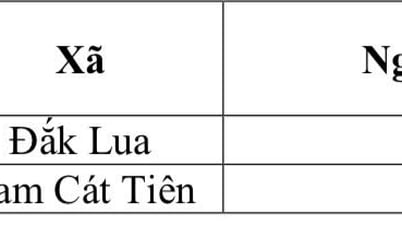Common causes of blocked blood flow leading to heart attacks are cholesterol plaques or blood clots. Some heart attacks can occur suddenly, but in many cases, the signs appear hours, days, or even weeks in advance, according to the health website Verywell Health (USA).

Shortness of breath is one of the common symptoms of heart attack.
Breathing abnormalities may appear days or weeks before a heart attack. This is because blood flow to the heart has begun to decline.
Shortness of breath is a common symptom, sometimes accompanied by chest pain. This symptom is more common in women than men. Shortness of breath can be described as a feeling of tightness or discomfort in the chest, making it difficult to take deep breaths.
Shortness of breath may be accompanied by other symptoms such as dizziness, lightheadedness, and fatigue. It is important to note that shortness of breath is not only a symptom of a heart attack, but can also be a symptom of other heart problems, such as angina, heart failure, and atrial fibrillation, a type of irregular heartbeat.
Rapid or shallow breathing is another sign of a heart attack. This is described as increased breathing or difficulty taking deep breaths. Rapid or shallow breathing may also be accompanied by other symptoms such as sweating and a rapid heartbeat.
Another sign of breathing in a heart attack is wheezing or a watery sound. This is caused by a blockage in the air passages or fluid in the lungs. These sounds can occur in people with heart failure or pulmonary edema, which can be caused by a heart attack.
Other symptoms that may accompany wheezing include shortness of breath, fatigue, chest pain, and coughing. If these symptoms occur, the sufferer should go to the hospital as soon as possible, as this is an emergency, according to Verywell Health .
Source link







![[Photo] Prime Minister Pham Minh Chinh chairs conference on anti-smuggling, trade fraud, and counterfeit goods](https://vphoto.vietnam.vn/thumb/1200x675/vietnam/resource/IMAGE/2025/5/14/6cd67667e99e4248b7d4f587fd21e37c)


























































































Comment (0)